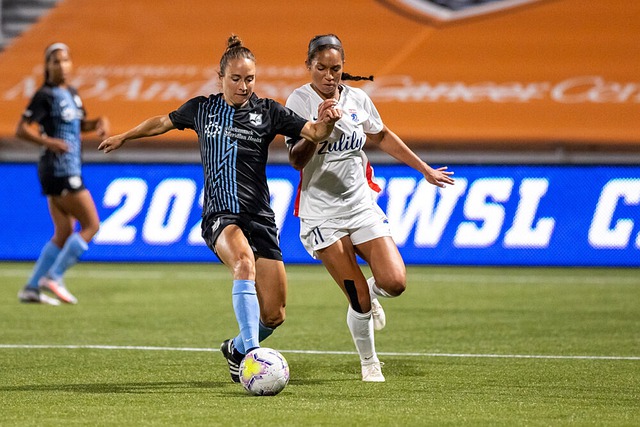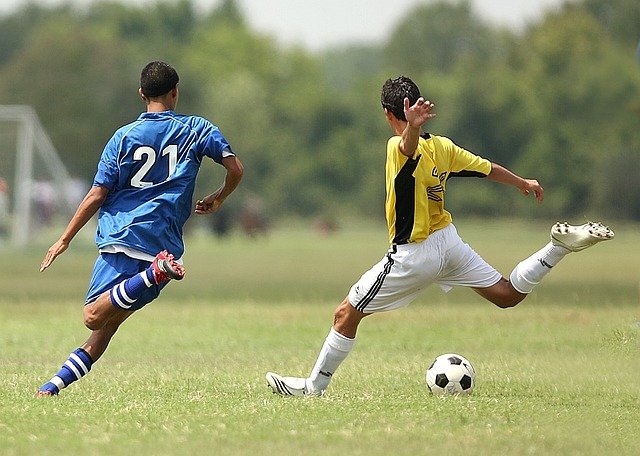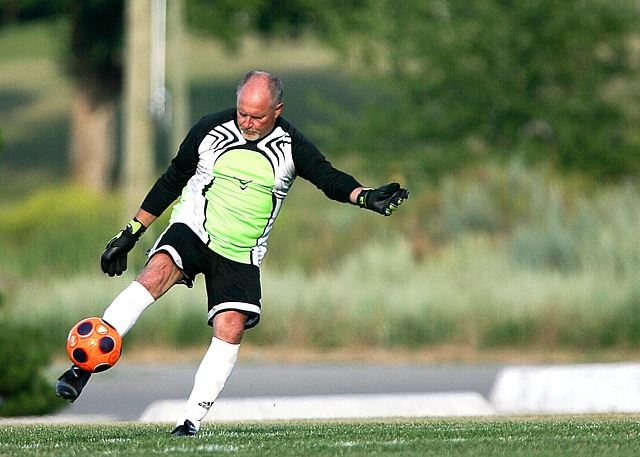Soccer is one of many sports that forces an early retirement age for most of its players. Generally speaking, soccer players retire in their mid-30s or their late-30s.
Compared to other work fields, retiring at the age of 35 for example can be considered very early, and if you’re a soccer fan, you already know that barely a few soccer players make it till the age of 40 as a professional soccer player, but why is that the case?
I’ve written a detailed article about the goalkeeper’s retirement age in soccer, and I’ve mentioned a few reasons behind the early retirement of soccer players in general, but in this article, we’ll dive into more details.
The main reason behind the early retirement of soccer players is the physical strength that soccer requires. As soccer players grow old, their bodies usually can’t live up to the level of durability that a soccer match requires, which forces the players to retire early.
I’m sure you aren’t surprised with the answer. Most soccer players are not able to perform well after they hit their late-30s and so they are forced to call it a day and quit playing soccer.
Aging is causing soccer players to lose their endurance.
Aging is inevitable as a human being, and with aging comes the loss of strength and endurance that a soccer match requires.
As this article explains, aging causes fatigue to some of your body muscles, it also causes the body to use oxygen less efficiently. The older a player gets, the less durability and soccer stamina they have.
Soccer is a very physically demanding sport. As a soccer player, you are supposed to keep running during the whole 90 minutes of the game, have a fast pace, sprint suddenly and quickly, fight for the ball, jump high, head the soccer ball, kick the ball with a lot of strength, and so much more.

All of these tasks won’t be easy anymore when you grow older. For this reason, most of the soccer players are forced to retire when they are no longer able to perform most of the things mentioned above as efficiently as they used to.
In other words, players in their mid-30s won’t be able to keep up with younger players, especially in the highly competitive soccer leagues.
What some soccer players decide to do is that instead of ending their career at the age of 35~37, they try their best to win a contract from a smaller soccer club in a less competitive soccer league.
Some players succeed in doing so, and they keep playing with their new team until they are barely capable of surviving the whole soccer match.
There is a large supply of soccer players.
One of the reasons why soccer players retire early is that there is already a very large supply of soccer players.
Almost every soccer fan has dreamed of becoming a soccer player in their childhood, and many of them have decided to pursue soccer as a career option.
What this means is that there are always new talents emerging, and soccer clubs will want to invest in these young talents instead of keeping investing in the older talents that can only serve for a few more years.
Young soccer talents that age 20 or less are much more valuable to soccer clubs than talents that age 35 or more.

Even if an old player is still better than a 20 year-old player, the older player won’t be able to keep playing for more than a few years while the younger talent has a long way to go.
For this reason, soccer players who are in their mid-30s usually have a very hard time finding a suitable contract from a soccer club, because these contracts are being offered to younger talents. This pushes the old soccer players to retire from soccer completely.
Old soccer players are more prone to injury.
As we mentioned earlier, the older a soccer player gets, their muscles and their bones become weaker and weaker. This makes them more prone to injury than when they were younger.
While soccer is a relatively safe sport, it can sometimes cause injuries to players. A young soccer player is able to recover from injuries faster than an old soccer player can.
The thing is, not many soccer players make enough money to be able to survive without finding a new career path after their soccer career ends.
For this reason, most of the old soccer players will want to avoid any serious injuries during the last few years of their soccer career, because they won’t be able to recover from these injuries as fast as they could when they were younger, and because they don’t want to limit their new career options after they quit soccer due to a serious injury.
What better way to avoid getting seriously injured than to just stop playing soccer when your body can’t handle it anymore?
Many soccer players decide to retire from playing soccer in their mid-30s to make sure that they don’t face any difficult injury that might ruin their life.
Is there an upper age limit for professional soccer players?
There is no soccer rule that prevents a soccer player from playing soccer after they reach a certain age. As long as a soccer player is physically and mentally capable of playing soccer, and as long as their club is interested in keeping them, then they can keep going.

However, as mentioned earlier, mother nature does apply a soft limit to how long you can play soccer for. While there are some outliers, most soccer players retire in their mid-30s and attempt to pursue other career options because their body can’t handle playing soccer anymore.
What do soccer players do after retirement?
If soccer players usually retire early, then what do they usually do after retirement? Here’s a quick list of some of the career options that some soccer players decide to pursue:
1- Managing a soccer team.
Almost all of the big soccer managers were soccer players before they became managers.
The reason why many soccer players pursue a management career after they quit playing soccer is because they have enough experience that can help them become great soccer managers.
2- Joining the Media industry
One of the biggest reasons behind the global success of soccer is the media coverage that it gets around the world.
The media is one of the biggest sources of profit for soccer clubs. With that said, many former soccer players join the media companies to comment on soccer matches and analyze them.
3- Start their own soccer training academies
If you want to send your kids to a soccer academy, you will most probably prefer sending them to an academy managed by people who are professional soccer players themselves.
Many soccer players decide to start their own soccer training academies after they quit soccer. This helps them both make some money and pass the knowledge that they have gained over the years to younger generations.
4- Start various types of businesses around the world
Not many soccer players are able to do this, but most of the highly paid and well known soccer players start their own brands and companies even before they retire from their soccer career.
Cristiano Ronaldo, for example, has his own underwear line and many other huge businesses around the world. Lionel Messi has his own clothing line, and so on.
5- Getting sponsored by large companies
Many soccer players gain fame during their soccer careers, and with fame comes sponsorships. There are many companies around the world that pay well known soccer players as a sponsorship deal, and many of these sponsorships remain after the player retires from soccer completely.
There are many other career choices that retired soccer players pursue but I’ll leave that for another article.
Here’s a summary of what you have just read
The main reason behind the early retirement of soccer players is because older soccer players are not capable of reaching the level of endurance that a professional soccer match requires.
The soccer rules do not force any upper limits on the age of the professional soccer players, but most of the soccer players retire in their mid-30s.
After retirement, some soccer players pursue management or media related careers while others attempt to start their own businesses.

